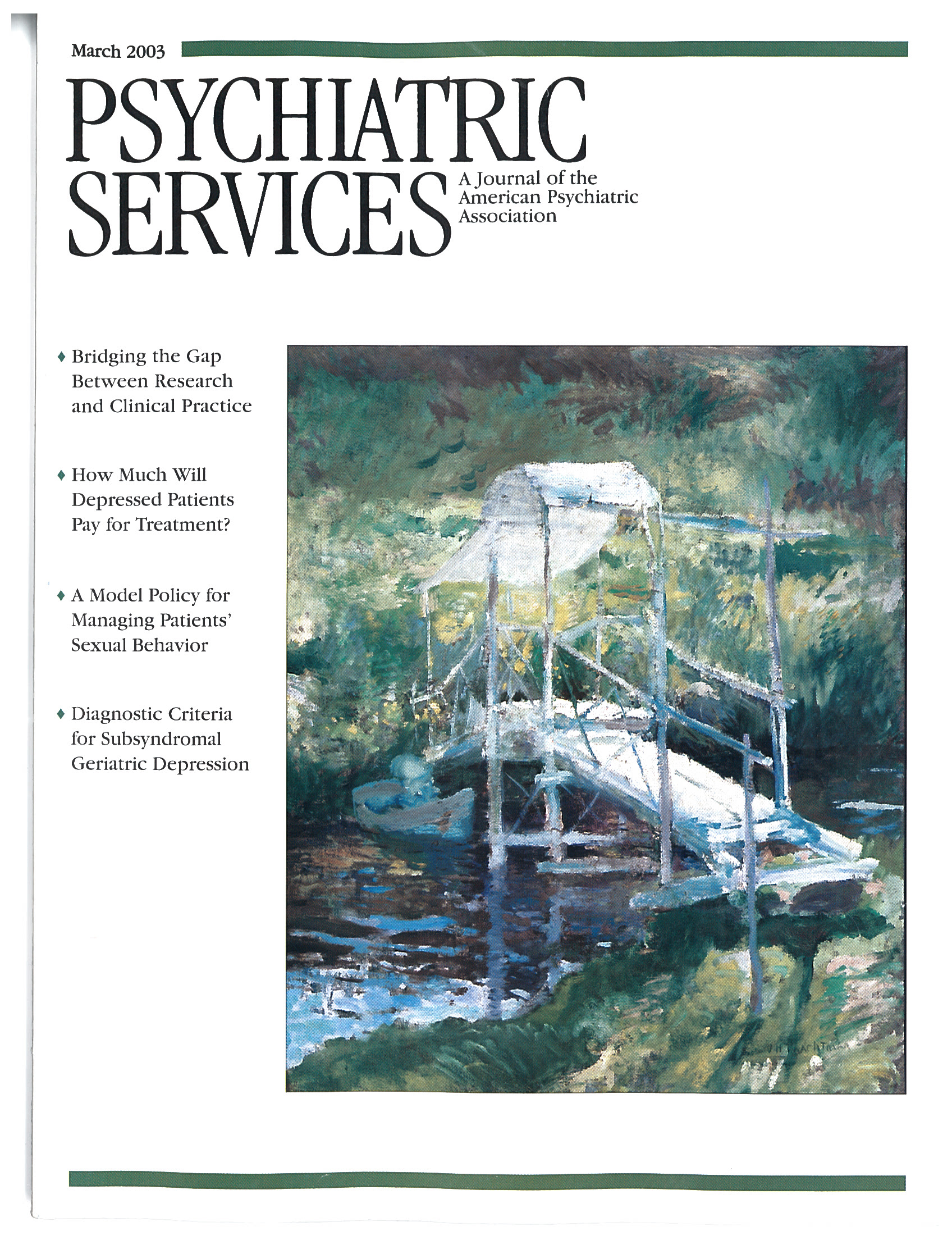This volume is the result of a multidisciplinary international conference held in New York City in June 2000, titled "Innovations in Forensic Mental Health." The conference was cosponsored by the New York University School of Social Work and the University of Central Lancashire and focused on innovative solutions to the challenges posed by working with people with mental illness in jails, prisons, and maximum-security hospitals. The contributors to Forensic Mental Health: Working With Offenders With Mental Illness are all from the United States and the United Kingdom, with the exception of one chapter's authors, who are from Italy.
Nearly every mental health profession is represented in this book; in particular, authors from the fields of nursing (all from the United Kingdom), social work, and psychology have made substantial contributions. The book contains 47 chapters, most of which range from six to 15 pages. There are eight sections, but the bulk of the book's content falls within the sections on community interventions and institutional treatment, which cover 25 chapters. The other sections cover a range of topics, including legal issues, juveniles, women, victims, and training.
Overall, this volume presents a fairly complete picture of the state of mental health care in correctional institutions—namely, that we know so little about what works in this setting. Each section, after an overview chapter, contains articles that describe a number of well-intentioned and often well-designed programs, but without any data on outcomes. It is easy to see how most of the chapters originated as oral presentations; they are generally short and to the point. Precious few new data are presented. The data that are presented often consist of survey results, case examples, or descriptions of pilot programs. Several chapters describe only a particular program's growth and development. It should be noted that four chapters are essentially reprints of previously published work.
Chapters worth reading include chapter 5, on Connecticut's criminal justice diversion program; chapter 13, on risk assessment; chapter 27, on media relations for forensic hospitals; and chapter 30, which gives a summary of the legal foundation of jail mental health services. The section on victims of crimes by mentally ill offenders is stimulating. Two of the chapters in this section argue strongly for greater participation by victims in decisions about treatment and release. However, I was surprised to find no contributions from mentally ill offenders themselves in an otherwise well-balanced conference and book. Such contributions might have presented a counterpoint to the victims' advocates and otherwise enriched the general discussion.
To be fair, lack of data on outcomes is a problem for everyone who works with mental illness behind bars—much has been tried, but little research has been done. The demographic data on mental illness behind bars are staggering—10 to 15 percent of persons in jails or prisons have a serious mental illness, and approximately two million people in the United States are in jails and prisons. There is an urgent need for sound research on what works for this troubled population, and Forensic Mental Health makes a good start at describing where we are—which is a long way from understanding what is effective treatment.

